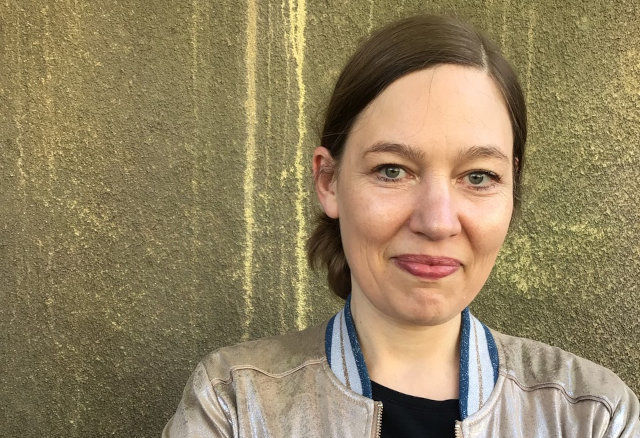Curator: desired!
desired! – film lust & queer

The Sea Runs Thru My Veins
Zara Zandieh
Four protagonists talk about their ideas of happiness, which are closely linked to perspectives of queerness and experiences with migration. […]
When the Andorgynous Child
Melina Pafundi
Melina Pafundi allows the androgynous child to speak. The child switches between yesterday and today, and represents a character who […]
Zurura, Zurura: The Smile Blooms
Marthe Djilo Kamga
Zurura, Zurura: The Smile Blooms is a visually poetic and philosophical essay. In this film, director Marthe Djilo Kamga revisits […]








